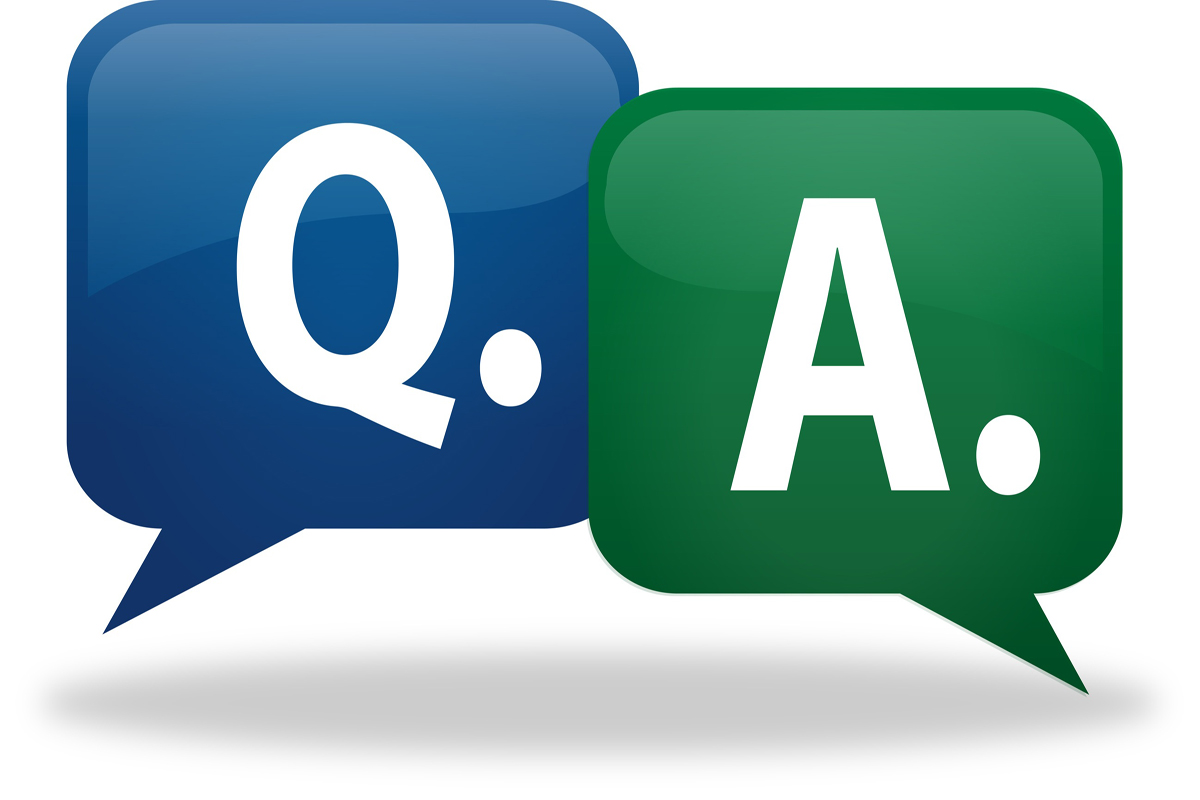Can security concerns kill cloud computing?
The IT industry has identified cloud computing as a major trend for the future. But how much of a barrier to its development and adoption will security be?


It seems as though not much new is happening in enterprise IT development that doesn't involve the cloud.
The uptake of outsourcing and software-as-as-service (SaaS) based delivery models has softened end-using organisations to the idea of not necessarily owning the IT infrastructure their business may rely on. The advent of the cloud has even encouraged blue-sky thinkers to declare it will, one day, render the IT department redundant.
But, despite the advent of more and more data centre-as-a-service-type launches, recent security issues involving the likes of vendors such as Salesforce.com and Google Docs have thrown a spotlight on the security risks associated with running IT in the cloud.
"There's been a lot of hype around cloud computing recently," said Ian Osborne, project director of the Grid Computing Now! initiative of IT trade body, Intellect. "It offers enterprises the opportunity to flex their IT infrastructure more dynamically to meet demand."
Open challenges
But he told IT PRO there were inherent challenges in extending cloud infrastructures out to enterprises in an open, virtual or utility' based way. "With very little agreement on standards, the issues of provisioning, security and ownership of the data could be major inhibitors to adoption," Osborne said.
In response, both enterprise IT suppliers and consumers have stepped up attempts to close security loopholes and offer best-practice solutions and guidance on governance, standards and compliance. In fact, it was just over a year ago that Gartner first warned IT organisations that alternative delivery models like cloud computing would make the governing principles that worked with the traditional models of buying, building and accessing IT irrelevant.
Get the ITPro daily newsletter
Sign up today and you will receive a free copy of our Future Focus 2025 report - the leading guidance on AI, cybersecurity and other IT challenges as per 700+ senior executives
David Mitchell Smith, vice president and Gartner Fellow, said: "Why pay to build it and maintain it, if you can buy it in at a fraction of the price?"
But he added that one of the main challenges for IT organisations in adapting to this next technological revolution will be dealing with the cultural impact both internally and in the way IT interfaces with other functional areas, which is exactly where loopholes around data governance can open up.
Jericho looks to best practice
Earlier this month, the independent security expert group Jericho Forum announced it was focusing its activities on establishing best practices to meet the challenges of collaborating securely in the cloud. As a result, it has published a cloud cube model designed to provide clarity of vision on the essential areas organisations need to consider when evaluating a cloud-computing environment. "The cloud approach to organising business can be both more secure and more efficient than the old-style silo structure," said Adrian Seccombe, Jericho Forum board member, who is chief information security officer and senior enterprise information architect at healthcare giant Eli Lilly. "Viewed from a different perspective it opens a potential Pandora's box of security nightmaresnot least of which is loss of data confidentiality and integrity."
A 25-year veteran enterprise technology expert, Miya Knights applies her deep understanding of technology gained through her journalism career to both her role as a consultant and as director at Retail Technology Magazine, which she helped shape over the past 17 years. Miya was educated at Oxford University, earning a master’s degree in English.
Her role as a journalist has seen her write for many of the leading technology publishers in the UK such as ITPro, TechWeekEurope, CIO UK, Computer Weekly, and also a number of national newspapers including The Times, Independent, and Financial Times.
-
 Should AI PCs be part of your next hardware refresh?
Should AI PCs be part of your next hardware refresh?AI PCs are fast becoming a business staple and a surefire way to future-proof your business
By Bobby Hellard Published
-
 Westcon-Comstor and Vectra AI launch brace of new channel initiatives
Westcon-Comstor and Vectra AI launch brace of new channel initiativesNews Westcon-Comstor and Vectra AI have announced the launch of two new channel growth initiatives focused on the managed security service provider (MSSP) space and AWS Marketplace.
By Daniel Todd Published
-
 uSwitch: UK miles away from superfast broadband targets
uSwitch: UK miles away from superfast broadband targetsNews The UK is no way near getting Government targets on superfast broadband, according to a uSwitch report, but BT thinks the research is rubbish.
By Kellan Howell Published
-
 Ask CloudPro: Your chance to quiz the expert on cloud computing
Ask CloudPro: Your chance to quiz the expert on cloud computingNews Most companies have lots of concerns about the move to the cloud. Here's your chance to ask the questions that have been bugging you.
By Ross Kelly Published
-
 Microsoft to integrate cloudy SkyDrive with Windows 8
Microsoft to integrate cloudy SkyDrive with Windows 8News Microsoft is set to transform SkyDrive into a ‘Device Cloud' in Windows 8.
By Karrie Kehoe Published
-
 Government CloudStore open for business
Government CloudStore open for businessNews The Government's CloudStore is now open for business, a move that will shake up public IT.
By Max Cooter Published
-
 Citrix celebrates 18 per cent hike in revenues
Citrix celebrates 18 per cent hike in revenuesNews With $619 million of revenues for the quarter and $2.21 billion for the year, Citrix ends 2011 on a high.
By Ross Kelly Published
-
 Amazon's web-targeted database aims for speed and simplicity
Amazon's web-targeted database aims for speed and simplicityNews Amazon has launched a non-relational database aimed at tasks requiring massive scalability
By Bryan Betts Published
-
 Local Government: We don't care about G-Cloud... yet
Local Government: We don't care about G-Cloud... yetNews G-Cloud isn't too popular amongst local authorities right now, but the project's momentum could galvanise excitement later this year.
By Tom Brewster Published
-
 Vivek Kundra joins Salesforce.com
Vivek Kundra joins Salesforce.comNews The US Government’s ex-CIO and leader of the ‘Cloud First’ initiative joins Salesforce as EVP of emerging markets.
By Ross Kelly Published